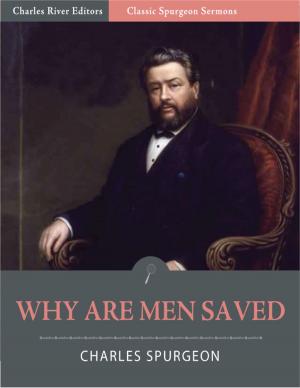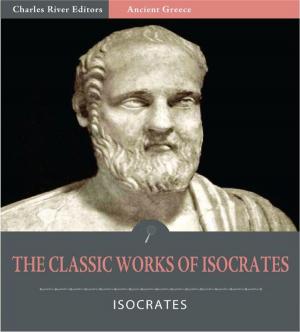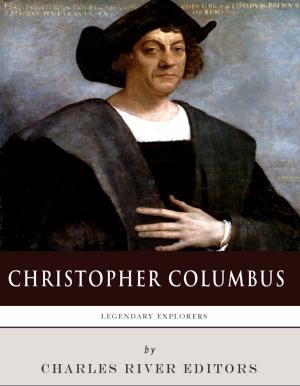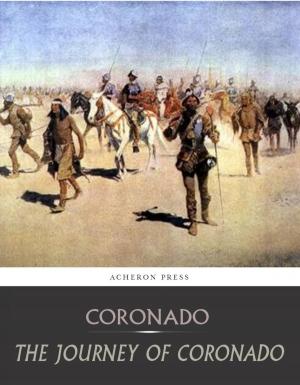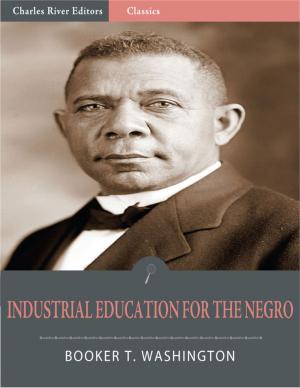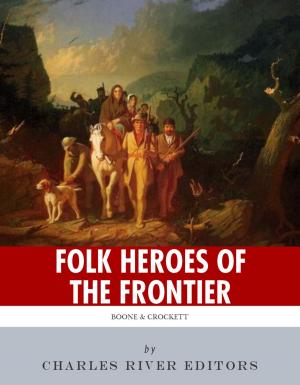The Life of Napoleon Bonaparte (Illustrated Edition)
Nonfiction, History, France, Military, Strategy, Biography & Memoir, Political| Author: | William Milligan Sloane | ISBN: | 9781619825406 |
| Publisher: | Charles River Editors | Publication: | February 17, 2012 |
| Imprint: | Language: | English |
| Author: | William Milligan Sloane |
| ISBN: | 9781619825406 |
| Publisher: | Charles River Editors |
| Publication: | February 17, 2012 |
| Imprint: | |
| Language: | English |
William Milligan Sloane (1850-1928) was a history professor at Princeton and specialized in studying the history of the French Revolution and the Napoleonic Era, eventually becoming a Chevalier of the French Legion of Honor and of the Order of the Polar Star. His magnum opus was The Life of Napoleon Bonaparte, who needs no real introduction. Napoleon was unquestionably the most influential man of the 19th century, leaving an indelible mark on everything from the strategy and tactics of warfare to the Napoleonic Code that drafted laws across the continent. To defeat Napoleon, the Europeans had to form large coalitions, which would lead to entangling alliances that brought about World War I after Europe was rebuilt following Waterloo and the Congress of Vienna. Napoleons influence on the United States was just as palpable. To finance his endeavors, he struck a deal with President Thomas Jefferson that became the Louisiana Purchase. It was Napoleonic warfare that was used throughout the Civil War, leading to massive casualties because the weaponry of the 1860s was now more advanced than the tactics of 1815. When Napoleon died at St. Helena, he still engendered fear and distaste among the Europeans, but the man and his legacy were admired and even held in awe and high esteem in the United States. That is clear throughout Sloanes tome: the author often speaks glowingly of the French emperor. This edition is specially formatted with images, original commentary, and a linked Table of Contents.
William Milligan Sloane (1850-1928) was a history professor at Princeton and specialized in studying the history of the French Revolution and the Napoleonic Era, eventually becoming a Chevalier of the French Legion of Honor and of the Order of the Polar Star. His magnum opus was The Life of Napoleon Bonaparte, who needs no real introduction. Napoleon was unquestionably the most influential man of the 19th century, leaving an indelible mark on everything from the strategy and tactics of warfare to the Napoleonic Code that drafted laws across the continent. To defeat Napoleon, the Europeans had to form large coalitions, which would lead to entangling alliances that brought about World War I after Europe was rebuilt following Waterloo and the Congress of Vienna. Napoleons influence on the United States was just as palpable. To finance his endeavors, he struck a deal with President Thomas Jefferson that became the Louisiana Purchase. It was Napoleonic warfare that was used throughout the Civil War, leading to massive casualties because the weaponry of the 1860s was now more advanced than the tactics of 1815. When Napoleon died at St. Helena, he still engendered fear and distaste among the Europeans, but the man and his legacy were admired and even held in awe and high esteem in the United States. That is clear throughout Sloanes tome: the author often speaks glowingly of the French emperor. This edition is specially formatted with images, original commentary, and a linked Table of Contents.


